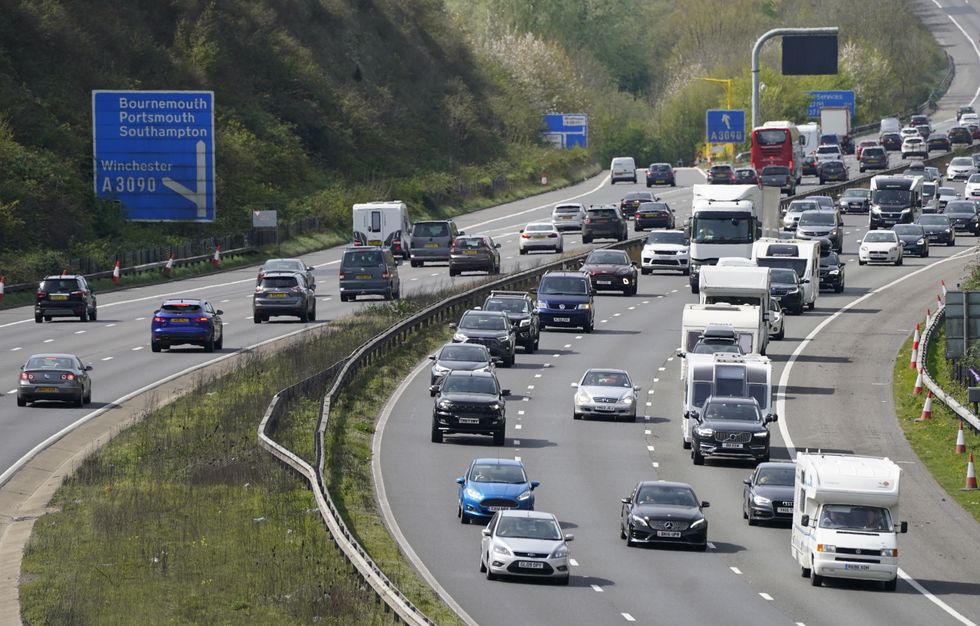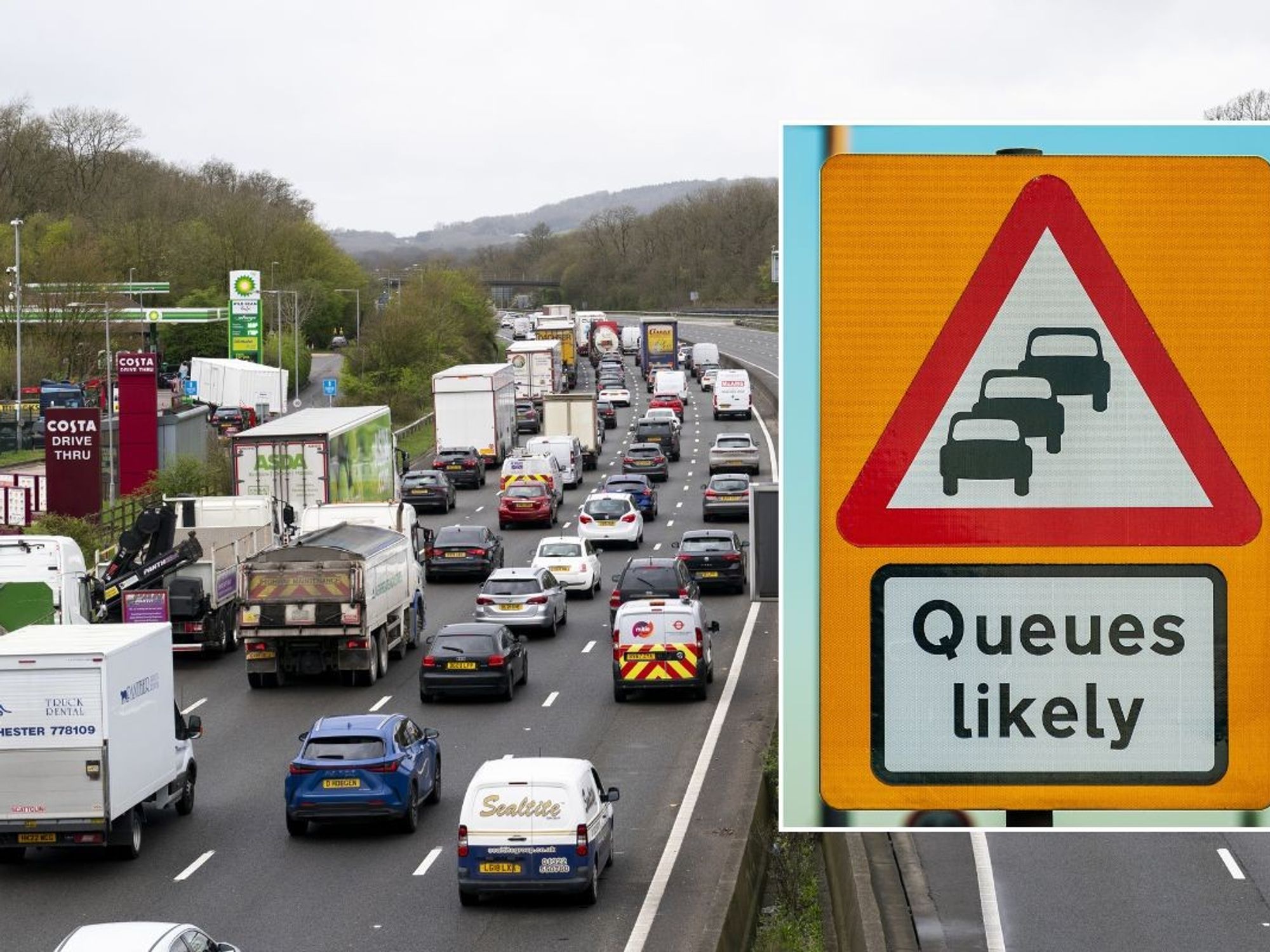Drivers argue pay-per-mile car tax schemes shouldn’t punish electric vehicle owners
VED is will increase from April to match the retail price index which changes with inflation
Don't Miss
Most Read
Trending on GB News
Drivers with low-emission vehicles such as electric cars have argued they shouldn’t be punished and pay as much tax as polluting vehicles if the Government switches to a pay-per-mile vehicle tax system.
The system would replace the existing vehicle excise duty which taxes high polluting cars yearly to help encourage drivers to switch to greener vehicles.
However, around 34 per cent of motorists believed that those who drive low-emission vehicles should be exempt or receive a discount for pay-per-mile taxation.
A further 44 per cent of drivers said that taxes should vary depending on where people live and that those in rural areas should get an exemption.
Do you have a story you'd like to share? Get in touch by emailingmotoring@gbnews.uk
Nine per cent of motorists have admitted to driving without tax in the past

VED is a tax on vehicles used or kept on public roads with rates varying depending on the vehicle type
PAThe same percentage think that disabled drivers should be exempt or receive a discount with 30 per cent of drivers stating that retirees should be eligible for exceptions.
However, half of drivers believe that if the UK were to switch to a pay-per-mile vehicle tax system, those in rural and remote areas should be exempt, according to a recent survey.
Tom Banks, car insurance expert at Go.Compare, said: “While a pay-per-mile method could discourage unnecessary vehicle use, considering those who need to drive will be very important to make sure they’re not being penalised for something out of their control.
“This could be done through exemptions or discounts for some – which our research shows most drivers are in favour of – as well as non-taxable mileage allowances.”
Meanwhile, around 26 per cent of drivers were in favour of switching the taxation system, whereas 53 per cent stated they did not want to change and were happy with the VED scheme.
VED will increase from April to match the retail price index which changes with inflation.
As a result of this, drivers are expected to now pay more on this tax which penalises vehicles with higher emissions rates.
For drivers of older cars, especially those registered before March 1, 2001, the tax rate is based on the engine size rather than the vehicle’s emissions, so understanding which engine group the vehicle sits in will be key.
The Government explained that by increasing VED rates to fall in line with inflation it will ensure that the levy receipts are maintained in real terms and that motorists make a fair contribution to the public finances.
The increased VED was announced in the Autumn Statement last year by the Chancellor of the Exchequer, Jeremy Hunt.
The measure will impact all cars, vans, motorcycles and motorcycle trade licences within the UK and comes into effect after April 1.
VED is a tax on vehicles used or kept on public roads with rates varying depending on the vehicle type, its characteristics such as emissions and its date of first registration.
LATEST DEVELOPMENTS:

The increased VED was announced in the Autumn Statement last year
PAThe Government website detailed: “In the new system most motorists will be paying an annual VED payment of £140.
“Motorists purchasing a car above £40,000 will pay more than other motorists. The likelihood of a household purchasing one of these cars increases as the household’s income increases.
“No one will pay more for the car they already own. This measure is not expected to impact on family formation, stability or breakdown.”









